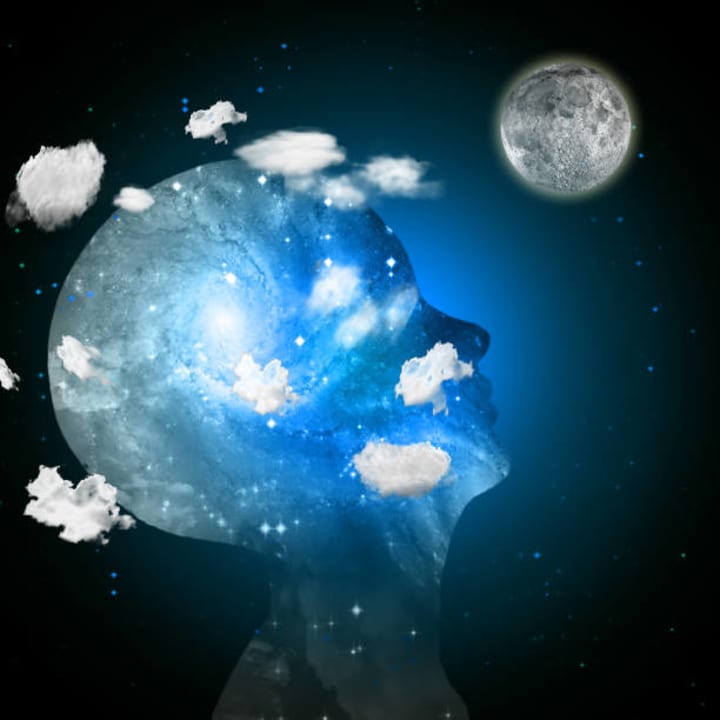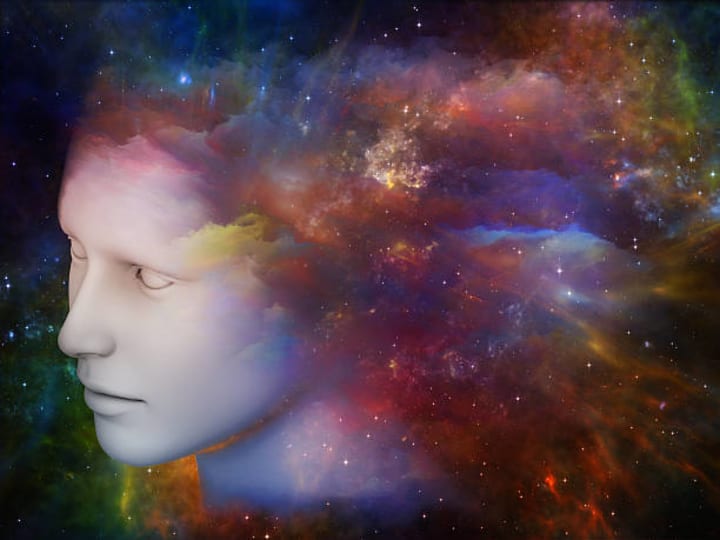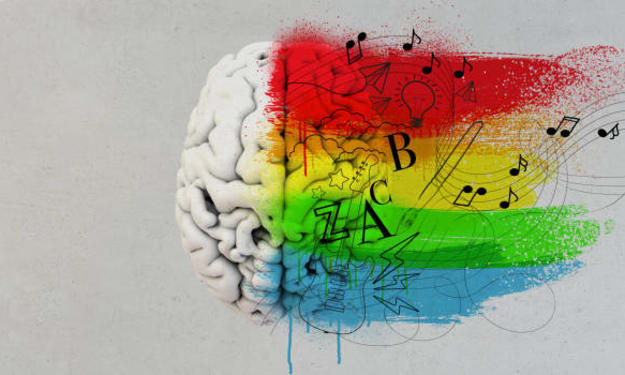The Science and Meaning of Dreaming: Untangling the Mysteries of Dreams
Understanding Dream States: The Sleeping Mind

The human mind has long been captured by dreams, which may be a source of fascination, surprise, and even uncertainty. Philosophers, biologists, and artists have all been fascinated by these midnight excursions into the subconscious. We learn more about the scientific underpinnings of dreams as well as their possible meaning as we dive deeper into the fascinating realm of dreams.

The Study of Dreams:
Rapid eye movement (REM) sleep, which repeats several times during the night, is when dreams happen. The body is motionless at this stage, but the brain is quite active—almost like it's awake. The ideal environment for vivid and occasionally surreal experiences is created by the interaction of mental activity and physical calm.
Consolidating memories is one popular notion about the purpose of dreams. Dreams may assist us in sorting through information and prioritising what is important by organising and preserving memories that we have during the day. Dreams also give you a place to process your emotions. They provide us the opportunity to face and work with difficult feelings, frequently acting as a type of psychiatric treatment.

Investigating the Content
Dreams frequently contain a mixture of components from our everyday lives that we are familiar with and strange, often illogical events. The founder of psychoanalysis, Sigmund Freud, thought that dreams were windows into our innermost wants and conflicts. He postulated that symbolism and images in dreams represent hidden facets of our personalities.
Modern research reveals that dreams may certainly have the capacity to mirror our inner thoughts and feelings, despite the mixed reactions to Freud's interpretations. This does not imply that all dreams have profound symbolic meaning, though. It's possible that some dreams are just the consequence of random brain activity.
Historical and cultural perspectives:
Around the world, societies have interpreted dreams in a variety of ways throughout history. In earlier societies, dreams were frequently interpreted as divine messages or foretelling. Many cultures saw dreams as portents or instructions for crucial choices. Some cultures still see dreams as important for foretelling the future or providing insight into one's fate.
Lucid Dreaming and Other Things

During a phenomenon known as lucid dreaming, people become aware that they are dreaming while remaining in the dream. They can engage actively in the dream and even influence its plot thanks to this knowledge. Science is now studying lucid dreaming because it can shed light on the limits of awareness and the malleability of the mind.
Dreams have influenced innumerable singers, authors, and artists in fields other than science. The influence of these experiences on creativity is demonstrated by Salvador Dali's surreal paintings, dream sequences in books like "Alice's Adventures in Wonderland," and songs that were influenced by dreams.

Interpretation of a dream:
The art of oneiromancy, which involves interpreting dreams, has a long history and is being used today. According to books, websites, and professionals, certain dream symbols are thought to have hidden meanings. However, dream interpretation is mostly discretionary and without scientific backing. A sign that denotes one thing to one person may indicate something quite different to someone else.
Personal Importance
On a personal level, the importance of dreams frequently differs. For some people, dreams offer a safe haven for exploration, experimentation, and adventure that may be constrained in the waking world. For others, dreams provide comfort, an opportunity to reunite with loved ones who have passed away, or a stage on which to address unsolved difficulties
Conclusion:

The realm of dreams is one that continues to be cloaked in mystery and defies clear-cut answers. Scientific discoveries are still illuminating some of the systems that underlie dreaming and revealing some of its possible purposes. We discover that dreams are evidence of the complexity of the human mind as we examine their substance, cultural viewpoints, and individual importance. Dreams continue to have a singular and compelling role in our lives, whether seen as a blank canvas for imagination, a stage for subconscious exploration, or a mirror reflecting our most profound feelings.





Comments (1)
You are absolutely right, the process of dream interpretation is in some form related to psychotherapy. Understanding dreams has a positive effect on a person's mental health. If you are just starting to understand the meaning of your dreams, I advise you to start with this site https://lumeaviselor.com/ . After all, unconsciously we can think about something and desire something, and in our dreams we can see what we want, and perhaps vice versa